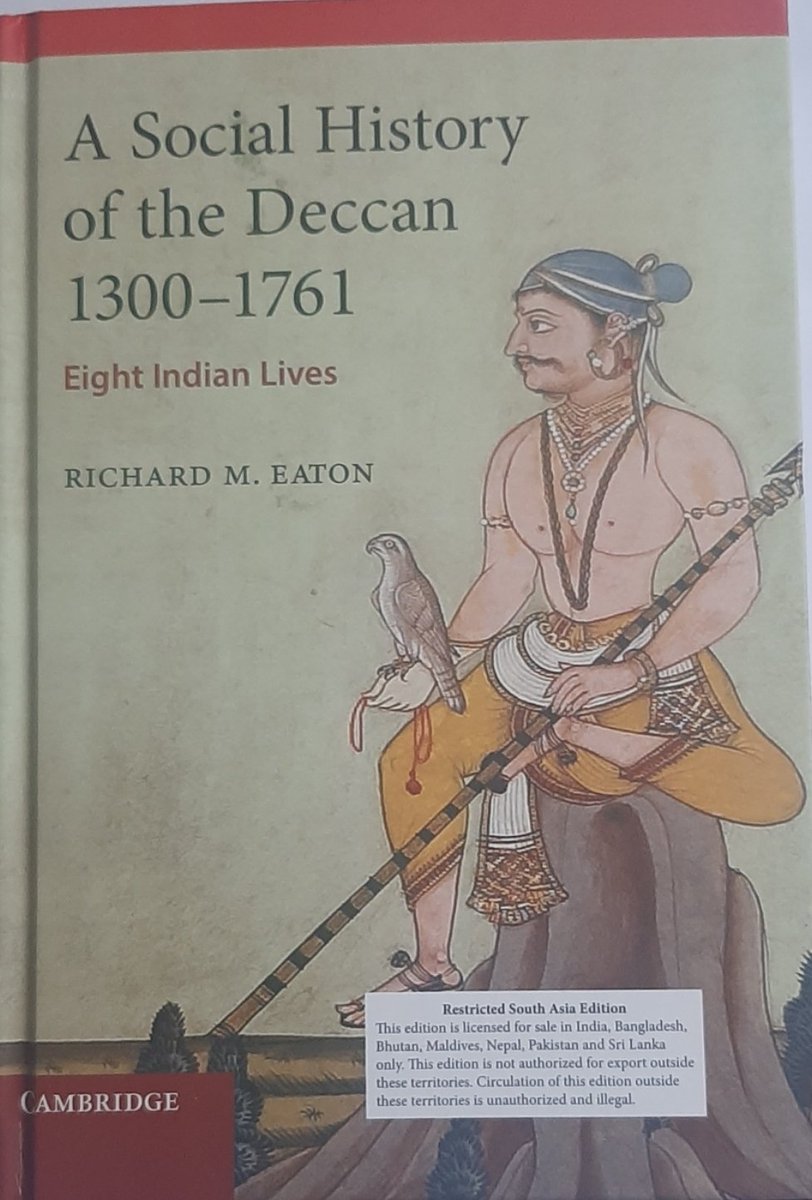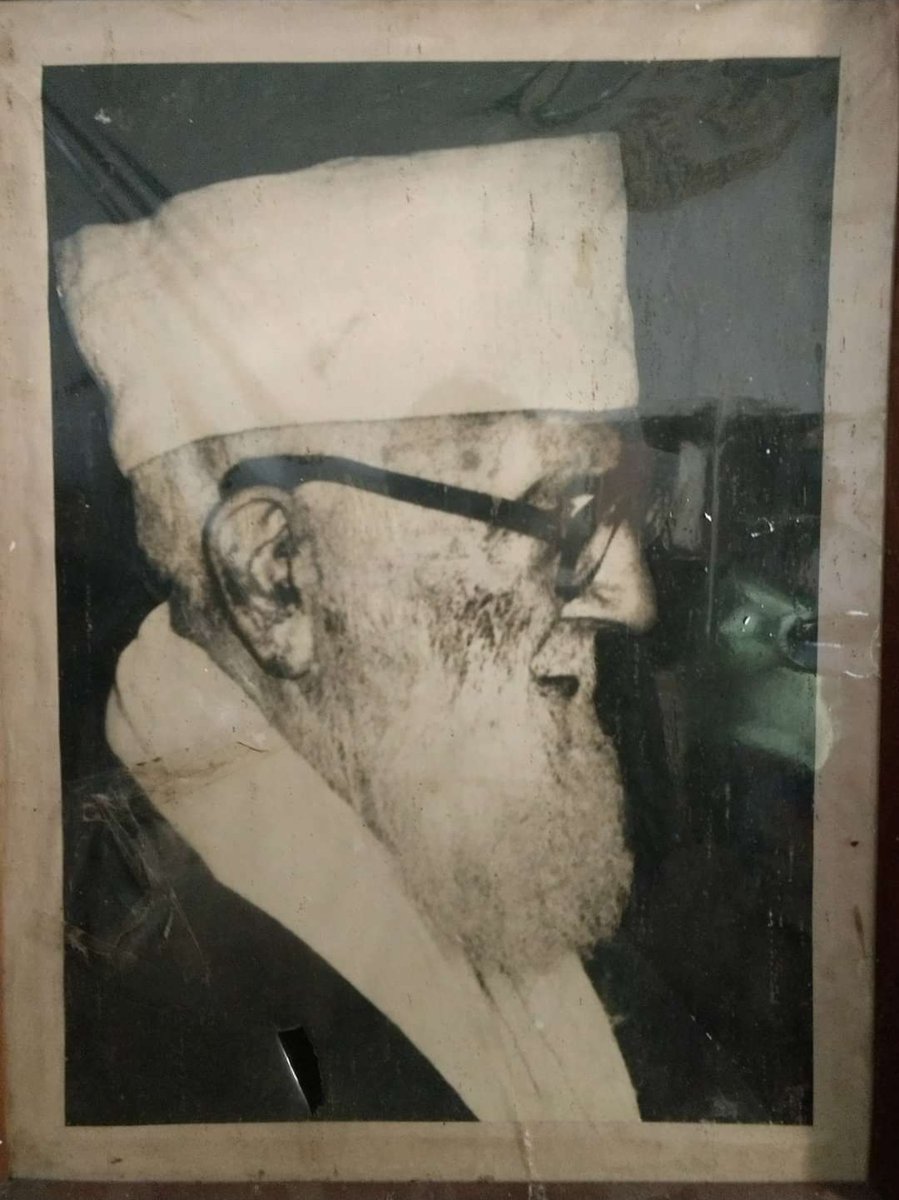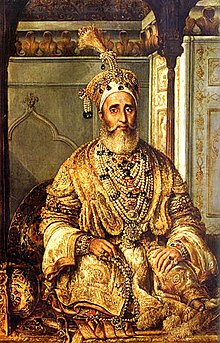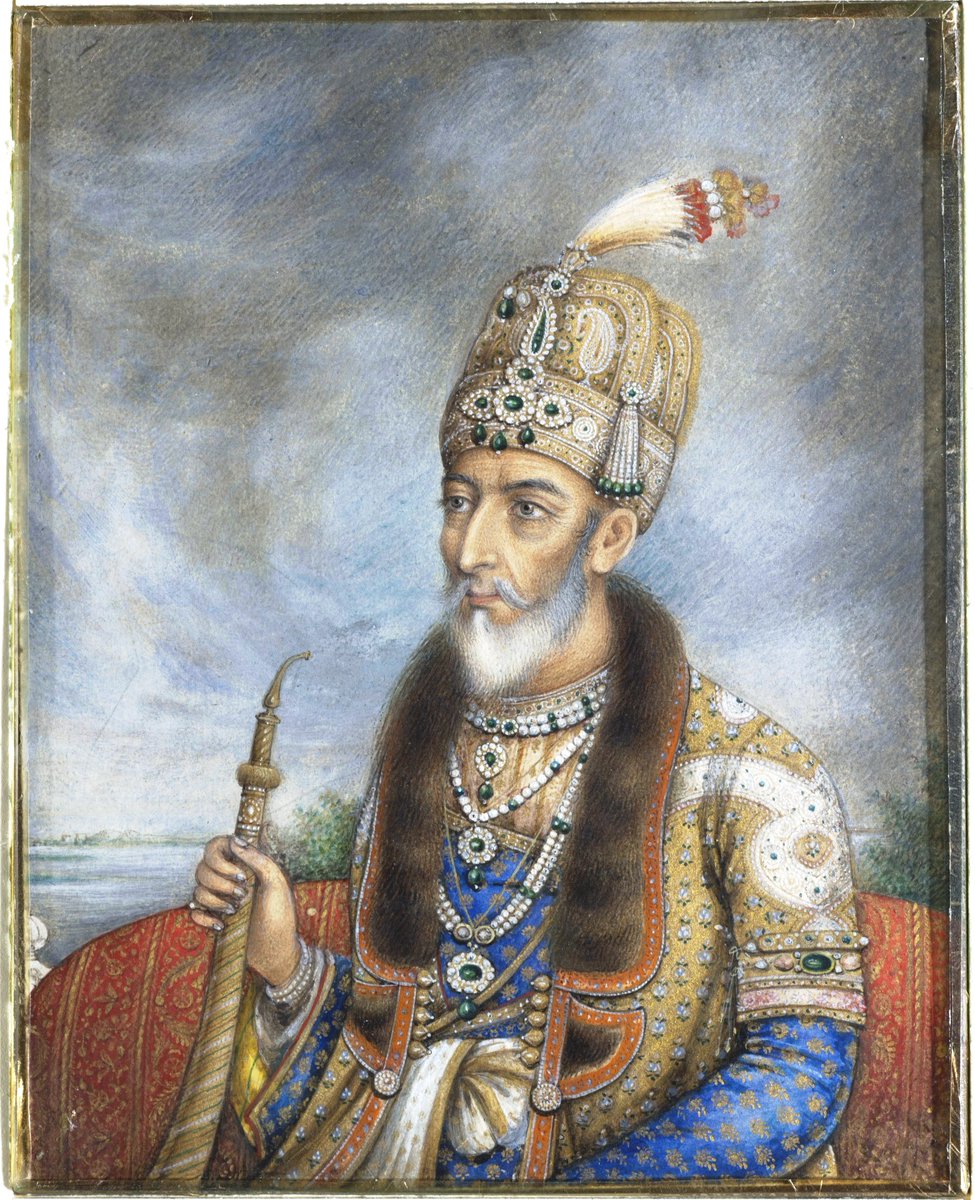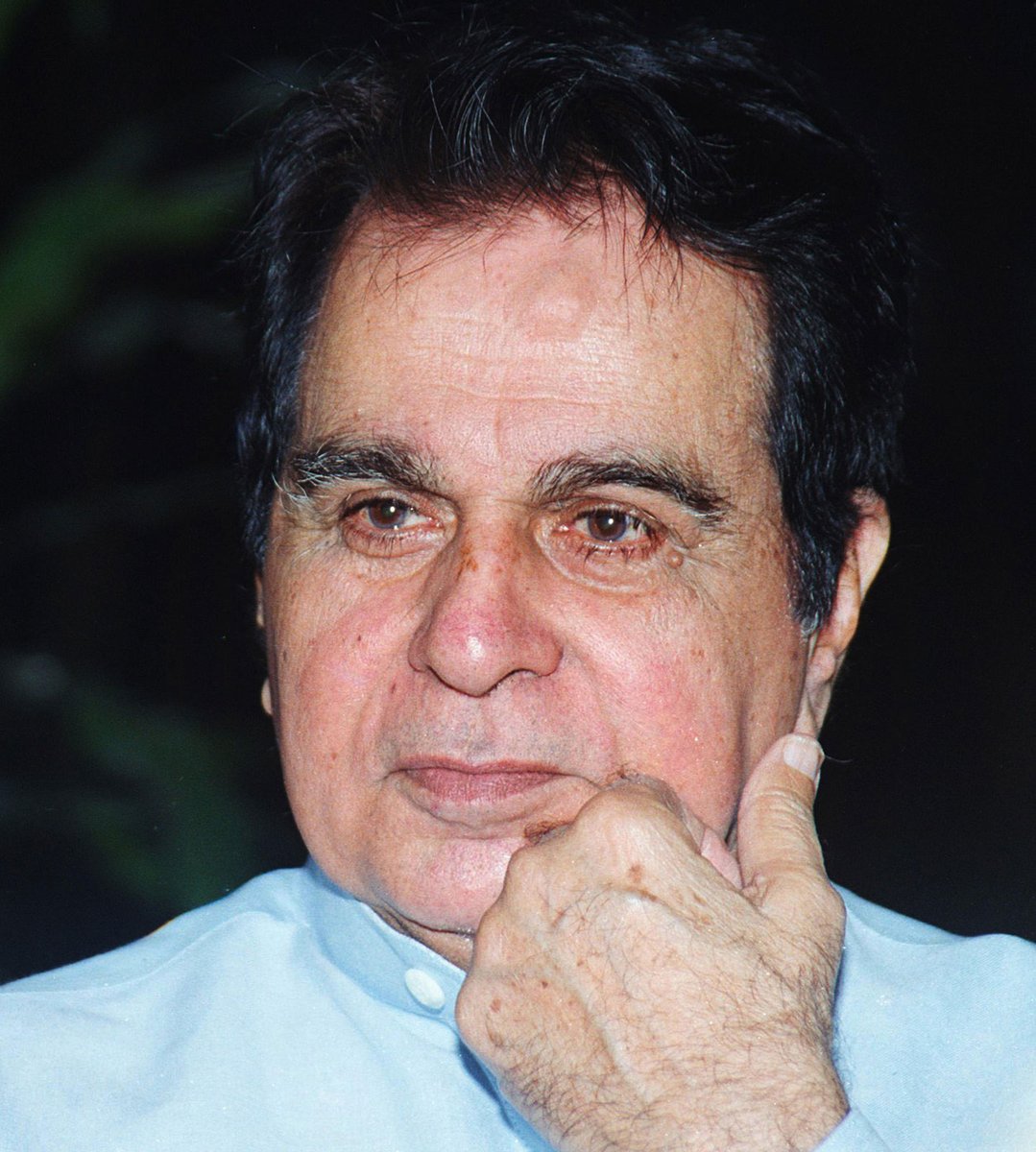
Today is the birthday of great actress of yore Mumtaz Jehan Begum Dehlavi aka #Madhubala. She starred in more than 60 films in a career spanning over two decades, and became one of India's most popular and highest-paid entertainers between the late 1940s and early 1960s. 

Born n raised in Delhi, she relocated to Bombay with her family at years of age and appeared in minor roles in a number of films. She progressed to leading roles in late 1940s, and earned success with the dramas Neel Kamal (1947), Amar (1954), Mahal (1949), and films Badal (1951)
Following a brief setback, Madhubala rose to international prominence with her roles in the comedies Mr. & Mrs. '55 (1955), Chalti Ka Naam Gaadi (1958) and Half Ticket (1962), the crime films Howrah Bridge and Kala Pani (both 1958), and the musical Barsaat Ki Raat (1960).
Her portrayal of Anarkali in Mughal-e-Azam (1960) highest-grossing film at that time—earned her widespread acclaim and a nomination for a Filmfare award in Best Actress category; her performance has since been described by critics as one of the finest in Indian cinematic history.
She worked sporadically in film in the 1960s, making her final appearance in the drama Sharabi (1964). Additionally, she produced three films under her production house Madhubala Private Ltd., which was co-founded by her in 1953.
• • •
Missing some Tweet in this thread? You can try to
force a refresh




